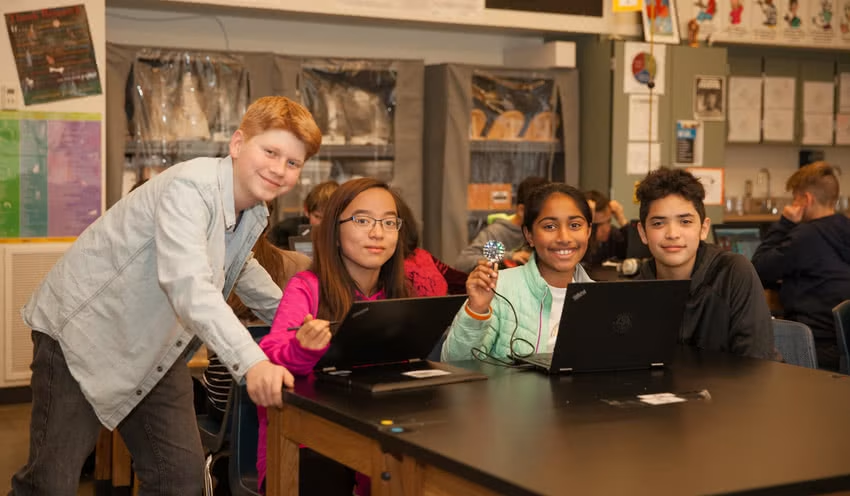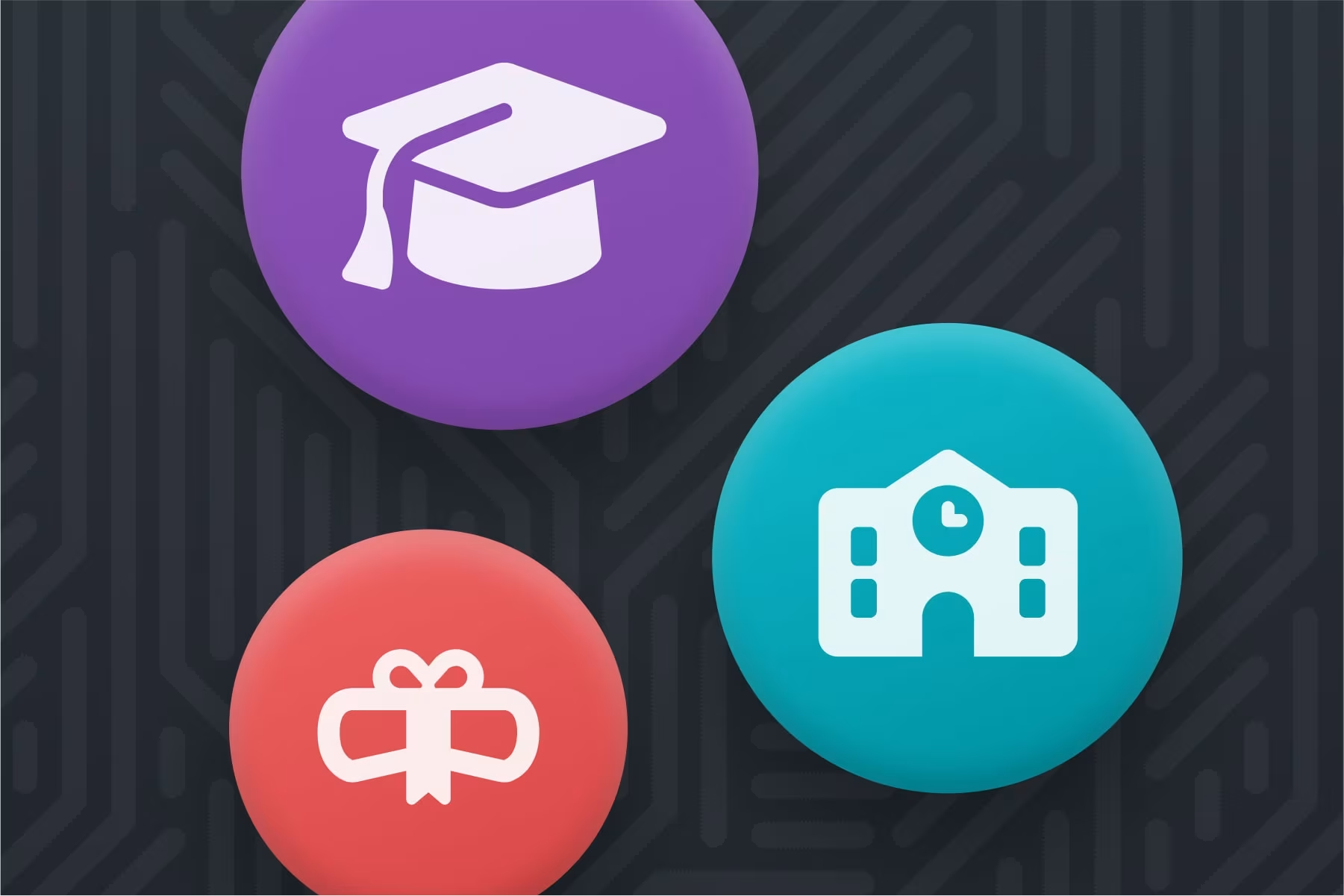Code.org 2024-25 Impact Report
As this year’s impact report shows, Code.org is driving change at every level — from classrooms to statehouses to ministries of education worldwide. Together with our partners, teachers, and supporters, we are making AI+CS education a fundamental right, not a privilege.
Letter from the CEO
A pivotal moment, for Code.org and the future of education

This year marks a pivotal moment, for Code.org and for the future of education. AI is reshaping every aspect of our world, yet most students still lack the opportunity to learn how it works, manage it, or shape its future. For over a decade, Code.org has expanded access to computer science education worldwide, serving as a trusted partner for policymakers, educators, and advocates. Now, as the focus of computer science shifts from coding to AI, we are evolving to prepare every student for an AI-powered world. Here’s what we know: AI doesn’t replace CS. It depends on it. The foundations of AI — algorithms, data science, ethics, systems — are rooted in computer science. To give students true agency in an AI-powered world, AI+CS education must be part of the K–12 core; empowering every student to create with AI, not just consume it. Over the past year, we updated our mission: to ensure every student in every school has the opportunity to learn artificial intelligence and computer science education as part of their K–12 journey. We’ve focused our team’s skills and resources on bridging where the field has been with where it’s going. Building on data from millions of teachers engaged, global curriculum reach, and deep policy influence, we are ready to meet this moment at unprecedented scale. In the pages ahead, you’ll see how your partnership fueled remarkable progress this year. From new AI-integrated curricula reaching classrooms worldwide to policy victories that expand access for every student, everywhere. You’ll see the direct impact of your support in preparing the next generation to thrive in the age of AI. And this is only the beginning. In the year ahead, we’ll ignite the first-ever Hour of AI to engage more than 25 million learners, scale age-appropriate AI curriculum and tools to help put these skills within reach of every student and teacher, and continue shaping the global conversation through our leadership of AI education policy. Together, we can make AI+CS education foundational, ensuring every student can not only use AI, but understand it, create with it, and shape its future. Thank you for believing in this vision and making it possible. Hadi Partovi
Impact Reports
Deep dive into our journey
Explore our past reports for an in-depth look at our impact over the years.
Stay informed on AI+CS education
Join our community of educators, parents, and advocates by signing up for the latest updates on AI+CS education and Code.org initiatives. Be the first to receive news, resources, and opportunities to support AI+CS learning.
You can unsubscribe at any time.
Additional resources
Paragraph
Code.org Blog

Stay up to date with stories from our teachers, partners in CS, and all of the latest announcements on how we’re making an impact.
Advocacy Coalition

Join our advocacy coalition, which advocates (on a non-partisan basis) for policies such as graduation requirements for AI+CS education to ensure access for every student.
Help students

Support our mission to make AI+CS accessible to every child. Your donation helps inspire future innovators and close the tech gap.
Code.org Blog

Stay up to date with stories from our teachers, partners in CS, and all of the latest announcements on how we’re making an impact.
Advocacy Coalition

Join our advocacy coalition, which advocates (on a non-partisan basis) for policies such as graduation requirements for AI+CS education to ensure access for every student.
Help students

Support our mission to make AI+CS accessible to every child. Your donation helps inspire future innovators and close the tech gap.
